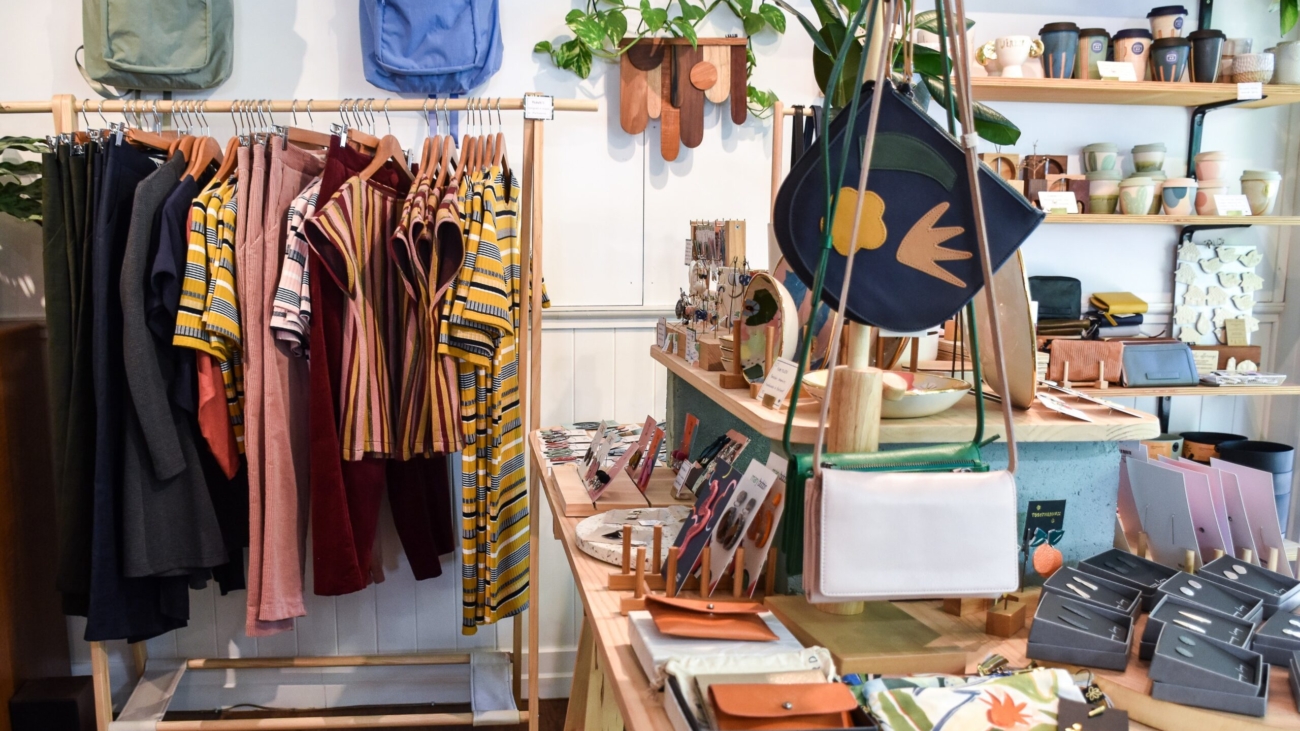Fashion has always been a way for people to express themselves and showcase their unique style. But with the increasing awareness of ethical issues in the fashion industry, there’s a new focus on ensuring that what you wear reflects not only your personal taste but also your values. In recent years, many brands have taken on this responsibility and adopted sustainable and ethical practices, making a difference in the lives of workers, animals, and our planet. Join us in exploring the rise of ethical fashion as we highlight some of these inspiring brands paving the way for positive change.
How ethical fashion is changing the industry
Ethical fashion is becoming increasingly popular, with a number of brands standing up and showing they care about their impact on the environment and society. So what does ethical fashion actually involve? In short, it’s clothing made with sustainable materials, aiming to reduce waste and improve working conditions. Some of the most well-known ethical brands in the business include Zara, H&M, Topshop and Uniqlo.
Of course, not all ethical fashion is created equal. While some companies take their responsibility to society seriously and go above and beyond in terms of sustainability, others are less committed. It’s important to be aware of where your clothes come from if you want to buy ethically-made ones – certain brands only source from approved suppliers.
Despite the challenges (and there are many), ethical fashion is growing quickly. Brands that are committed to creating positive change in the world around them stand out from the crowd, and consumers are beginning to see this as an important factor when choosing what to wear.
What makes ethical fashion different?
One of the most unique facets of ethical fashion is that it is not dependent upon outside forces or interests. Rather, ethical fashion is created with a sense of social responsibility in mind. It reflects an awareness of environmental issues and strives to promote human rights. Additionally, many ethical brands focus on ethically made materials as opposed to products sourced from sweatshops.
Since 2006, the Ethical Fashion Awards (EFA) have been recognizing and rewarding companies that demonstrate best practices around ethics in fashion. This year’s judging panel included respected industry professionals such as Stella McCartney, Duchamp Group creative director Demna Gvasalia, and Paloma Elsesser from Saint Laurent. The EFA has played a significant role in raising public awareness of the issue and helping to shape industry standards.
Some high- profile examples of ethical fashion brands include Lululemon Athletica, Patagonia, Nike Sportswear, British designer Vivienne Westwood, and Icelandic retailer Zara. Many major chain stores now carry at least one ethical brand, providing consumers with exciting new options for clothing that is both stylish and good for the planet.
Why is ethical fashion important?
Ethical fashion is important because it helps to create a responsible society by providing clothing that doesn’t exploit workers or use harmful materials. The main ethical concerns with clothes manufacturing are child labor and the use of hazardous chemicals. Some ethically-made clothing brands offer recycled materials, fair-trade practices, and eco-friendly ways of producing their apparel. Brands like TOMS Shoes and Zara have made a large impact on the fashion industry by promoting sustainable practices and turning consumer interest into action. Increasingly, other brands are following suit, proving that ethical fashion is possible and profitable.
How do brands make a difference?
Brands are making a difference in the world by promoting ethical and sustainable practices. Brands that make a difference often focus on environmental, social, and ethical issues. They try to create value for their customers and also contribute to society in some way.
Some well-known brands that are known for their ethical efforts include Nike, Google, Starbucks, and Whole Foods. Nike has been particularly vocal about its commitment to creating sustainable products. In 2013, the company announced that it would produce all of its shoes with electricity generated from renewable sources by 2020. Google has also been involved in environmental causes through initiatives such as Project Loon and Nest Protect smoke detectors that save energy by detecting fires early via alarms. Starbucks started using local coffee beans in 2003 and completed its green espresso program in 2014. Whole Foods is a major supporter of organic farming and has implemented policies to reduce climate change emissions.
Conclusion
The fashion industry is changing, and more and more brands are starting to take into account the ethical implications of their products. From sustainable materials choices to worker rights, there’s a lot that brands can do to make a difference in the world. With consumers becoming more aware of what goes into their clothing and accessories, it’s up to fashion brands to step up and meet those expectations.

